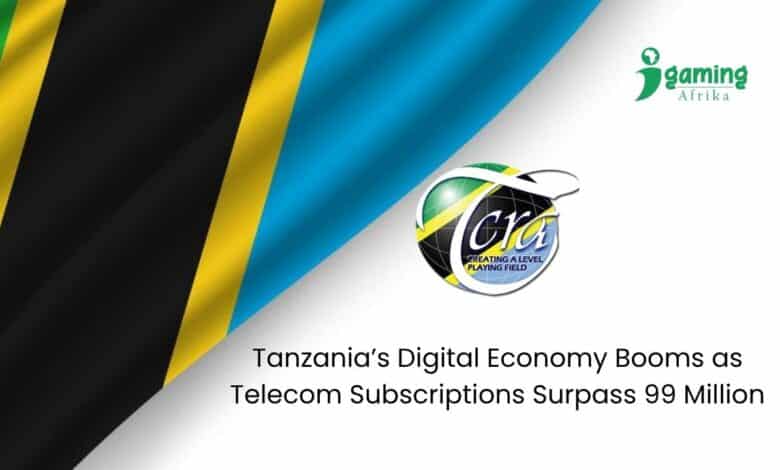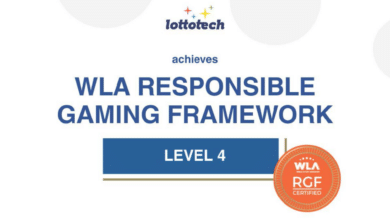Tanzania’s Digital Economy Booms as Telecom Subscriptions Surpass 99 Million

Tanzania is steadily transforming into a digital powerhouse, with its communications sector showing impressive growth in the quarter ending September 2025. According to the latest report by the Tanzania Communications Regulatory Authority (TCRA), the country’s telecom and internet landscape is expanding at a remarkable pace, underscoring the nation’s commitment to enhancing connectivity and digital inclusion.
Over the past quarter, total telecommunication subscriptions surged to an impressive 99.3 million, marking a 7.1% increase from June 2025. This growth is predominantly driven by mobile users, whose numbers climbed steadily from 92.2 million in July to over 99 million by September. The competitive telecom market is led by Vodacom, commanding a 31.5% market share, followed closely by Yas at 28.2% and Airtel at 21.9%, with Halotel and TTCL rounding out the landscape.
Notably, machine-to-machine (M2M) communications also saw a significant uptick. M2M subscriptions rose by 4.3%, reaching over 1.13 million. This increase signals growing adoption of automated communication technologies across industries.
The gender divide in telecom subscriptions is narrowing, with approximately 50.5 million men and 47.7 million women now connected. Regionally, Tanzania’s urban centers lead in connectivity. According to the reports, Dar es Salaam leads the country with 18.28 million active telecom subscriptions, followed by Mwanza 6.58 million, Arusha 5.98 million, Mbeya 5.71 million and Dodoma with 5.30 million.
“This progress reflects the president’s commitment to building a knowledge-based society and making digital access a right, not a privilege,” said Dr Jabiri Bakari, TCRA Director General. “The widespread adoption of smart devices, expansion of mobile broadband and rollout of 4G and 5G networks have enhanced digital inclusion and national connectivity,” added Dr Bakari.
Tanzania boasts 56.3 million internet subscriptions which is supported by widespread broadband coverage. The country’s 4G network reaches 94.2% of the population, while 5G has rapidly expanded to cover nearly 29%. This growing high-speed connectivity paves the way for digital innovation, remote work, and access to online services across the nation.
Smartphone penetration stands at 39.5%, with 26.9 million Tanzanians now owning these essential device, a win for digitally first industries such as the iGaming Industry.
Economist, Dr Isaac Safari praised the results as a clear indicator of President Samia Suluhu’s successful economic direction, noting that digital tools are helping Tanzanians reduce production costs, increase efficiency and access new market opportunities. “This is a significant leap from a traditional economy to a digitally enabled economy, a transition guided by the country’s policy framework and the government commitment to sustainable development,” Dr Safari said. “The rise in internet and mobile money usage has empowered Tanzanians to make informed decisions, reduce business costs and engage with new economic opportunities.”
Business and Entrepreneurship Expert, Dr Sylvester Jotta based at the Saint Augustine University of Tanzania (SAUT) said the increase in digital access has directly enhanced the Ease of Doing Business in Tanzania. “When more citizens have access to telecom and mobile money services, it boosts business participation across all sectors, especially for women and youth running businesses on social media platforms like Instagram, WhatsApp, Facebook and X,” he explained. He added that mobile money has broadened access to credit, savings and payment systems, reducing reliance on traditional banks and promoting financial resilience and inclusion.
Overall, the TCRA report highlights Tanzania’s rapid progress towards a digitally connected future. These milestones not only demonstrate the expanding reach of technology but also point to new opportunities for economic growth, education, and social inclusion.























